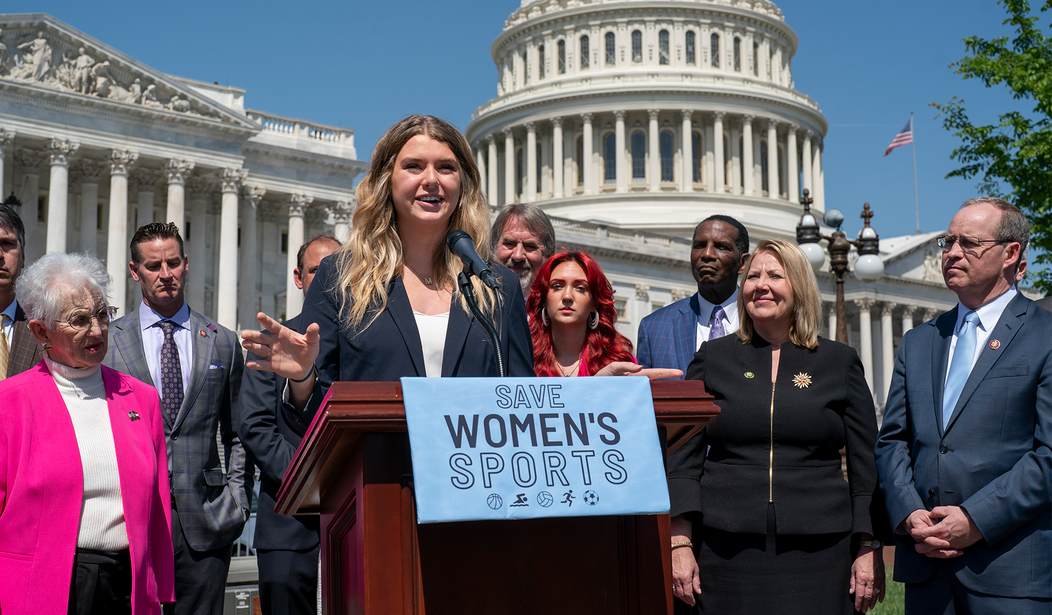Looks like there might be some trouble in "Almost Heaven." West Virginia finds itself at the heart of yet another contentious debate over gender ideology.
This conflict centers on a proposed bill that would establish a “Women’s Bill of Rights,” which would enshrine a traditional legal understanding of gender that would influence how gendered terms are used within state statutes and public policies.
The measure would also establish protections for single-sex areas such as sports, bathrooms, locker rooms, and others. This is an issue that has been hotly debated all across the country. The aim is to protect privacy rights – especially those of women having to deal with biological males seeking to occupy female spaces.
But, as you can imagine, not everyone is gung-ho about this idea.
During a recent hearing at the state’s House chambers, several people spoke out against the measure, arguing that it would promote discrimination against transgender individuals. Others pointed out that it does not address other protections for female West Virginians.
At a 45-minute public hearing in the House chambers at the state Capitol, the voices of dissent resonated loudly, with dozens condemning the bill as a veiled attempt at transphobia. Marshall University student Max Varney, a transgender individual, poignantly articulated the sentiments of many opponents, stating, "This bill is dehumanizing. It is unjust. And it is disgusting."
Another resident also pointed to the lack of consideration for other issues that affect women.
Krys Smith, who was one of several to speak against the bill on Thursday, said it does nothing to address women’s issues.
“It’s no surprise to me that this bill doesn’t address violence, menstrual healthcare and breastfeeding equity nor does it care about protecting incarcerated women, immigrant women, or women of color as a whole who, by the way, are right now in West Virginia are way more likely to die in childbirth by a wide margin," Smith said.
However, those supporting the measure assert the need to safeguard single-sex spaces without discriminating against transgender folks. The bill notes that “equal” does not necessarily mean “same” or “identical.” Men and women are equal, but they are not the same, even if an individual identifies as the opposite sex. An individual’s sex as determined by birth and cannot be replaced by gender equity terms in state policies and statutes.
The proposed legislation is similar to initiatives in other states like Oklahoma, where Republican Governor Kevin Stitt signed an executive order to more narrowly define sex as a women’s rights issue.
West Virginia Governor Jim Justice supports the proposed bill. He previously signed legislation banning “gender-affirming care” for minor children.
The debate surrounding the Women’s Bill of Rights is a microcosm of the overall conflict over ideas related to gender identity. On the progressive side, politicians, media figures, and activists are engaged in a nationwide effort to persuade the American public to accept the notion that one’s sex is not determined at birth. Of particular contention has been the effort to promote these ideas among children using the public school system.
On the other hand, those opposing the advancement of the trans agenda argue that there are only two genders, and that those suffering from gender dysphoria should seek treatment. They point out how the gender movement is promoting the notion that biological males should be able to participate in women’s sports as an example demonstrating why the rights of women must be protected.
Critics pointing out how the Women’s Bill of Rights does not address other areas in which women should be protected might have a point. But this does not negate the reality that women also must be protected from the trans agenda, which threatens their spaces. The bottom line is that these bills are just as necessary for safeguarding women from this agenda as other areas.













